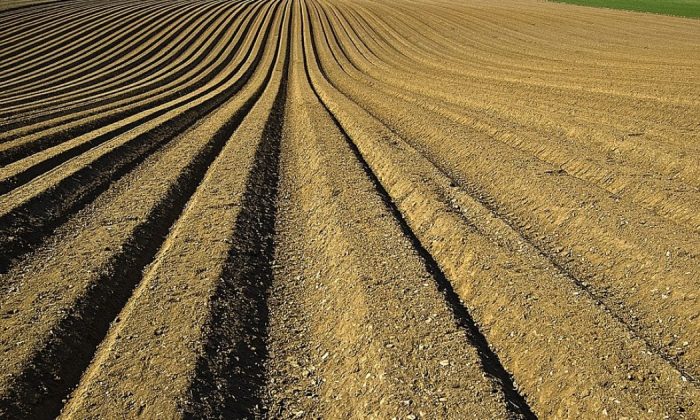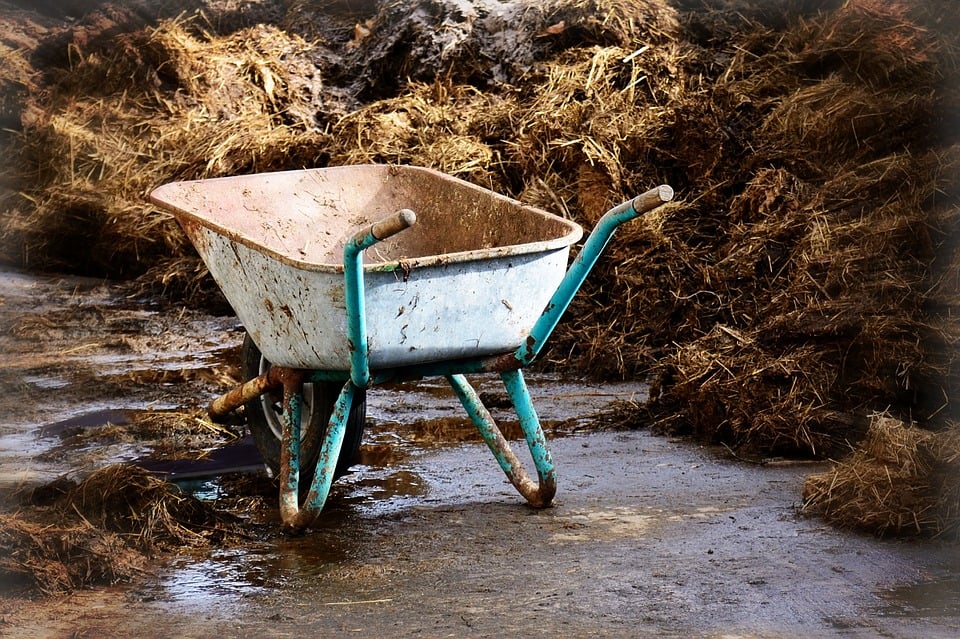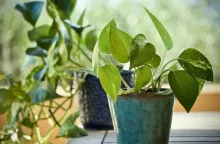Tips on how to fertilise the soil in autumn

It is a common knowledge that when you grow fruits and vegetables, nutrients from the soil are being taken away and if you want to have a wonderful harvest next year, you need to return these nutrients back to the soil. Fortunately, it is not difficult. All it takes is just a little extra effort. The most common way is to use various fertilizers. Fertilizers can be divided into two groups: organic and inorganic. The second group is very popular because the use is simple and quick. However, the use of organic fertilizers is becoming more and more popular.
Inorganic vs. organic fertilizers
What is the difference? Well, inorganic fertilizers are sometimes called industrial or mineral fertilizers and as the name suggests, these are artificially created fertilizers. They do contain a high amount of nutrients and are easily soluble in water, but there is a risk that you “over-fertilize”, and may harm your plants. Organic fertilizers, such as various cattle manure or compost, are not that easy to handle but they also contain plenty of nutrients and on top of that they also improve the soil structure.
Photo: Pixabay
How to fertilize correctly?
There is nothing complicated about fertilizing. Just follow the established procedures, and if you are using inorganic fertilizers, strictly follow instructions for use. However, there are several rules that you should observer carefully. The first rule is about mixing two fertilizers together – some fertilizers can form insoluble lumps that may not be good for the soil. This goes mainly for mixing phosphate fertilizers and limestone. Do not use fertilizers with young plants that do not have a sufficiently developed root system. Another rule is about using too much fertilizers – excessive use reduces the quality of your crops. And did you know that over-fertilized crops can only be stored for a short time? Yes, it is true.
Organic fertilizers
The typical representative of organic fertilizers is compost. If you want to achieve best results your compost must be well matured (“young” or insufficiently decomposed compost may contain weed seeds that still may spread around your garden!Using too much compost is not good either. You can over fertilizer with compost too!. The good thing is that you can use it before planting and during the season. This makes compost different from cow’s manure that is used before planting. If you have your own little farm that produces manure (rabbits, chicken) great, but let it rest for about six months before use. You need to realize that fresh manure can burn plants. Finally, there is green fertilization. Surprisingly, this type of fertilization does not provide nutrients to plants, but improves the quality and structure of the soil.
Inorganic fertilizers
The most popular fertilizers include NPK (contains nitrogen, phosphorus and potassium – mainly used in autumn), potassium salts (used in autumn to fertilize trees and lawns), saltpetre and urea (used to accelerate plant growth, especially during the growing season) and liming (affects the pH of the soil and supports formation of tissues in plants – you cannot do without lime even if you use organic fertilizers only).
Preview photo: Pixabay

Gardening is my hobby, I have a lot of experience and I am happy to share it.









0 comments